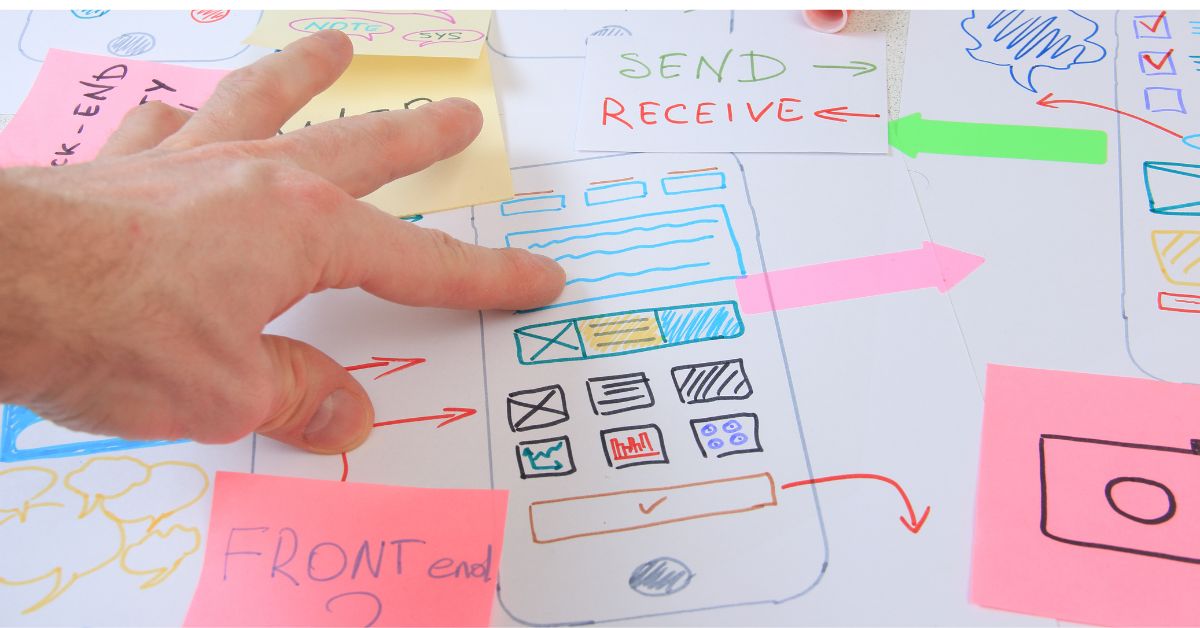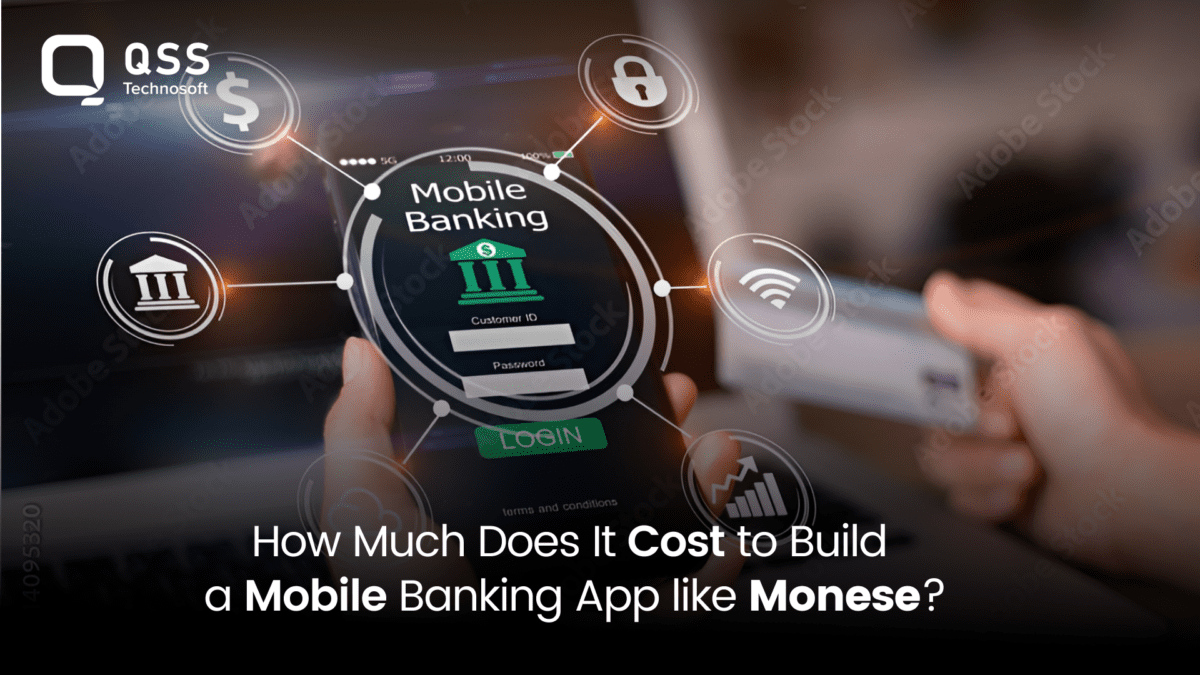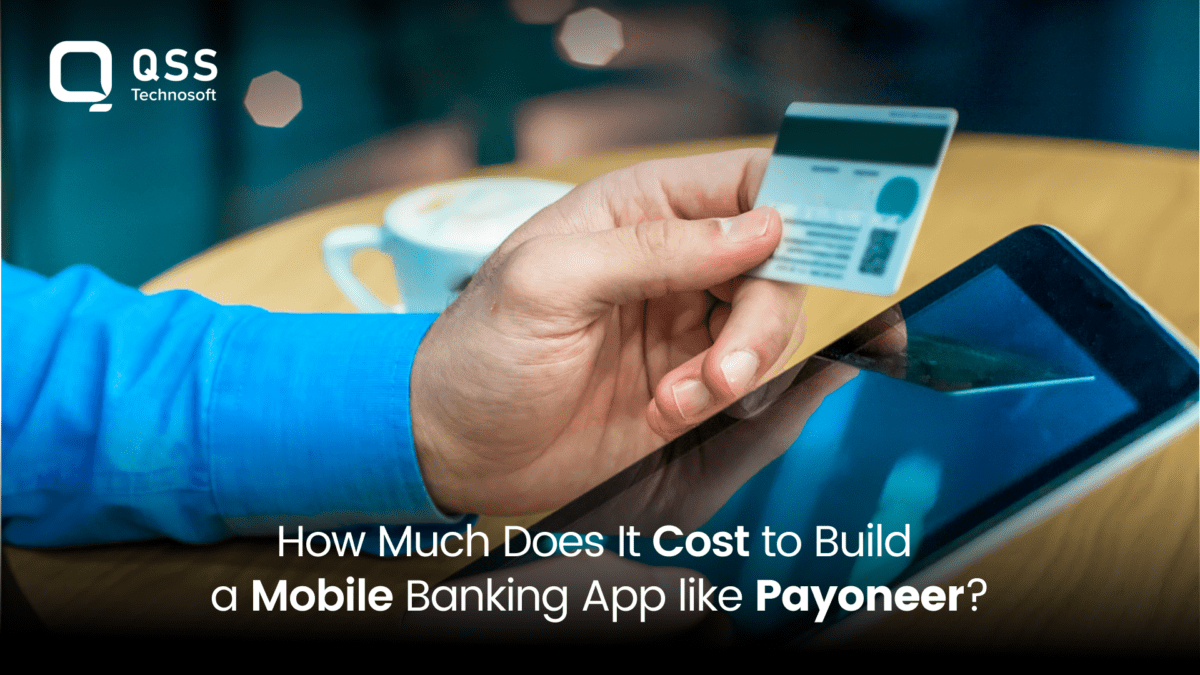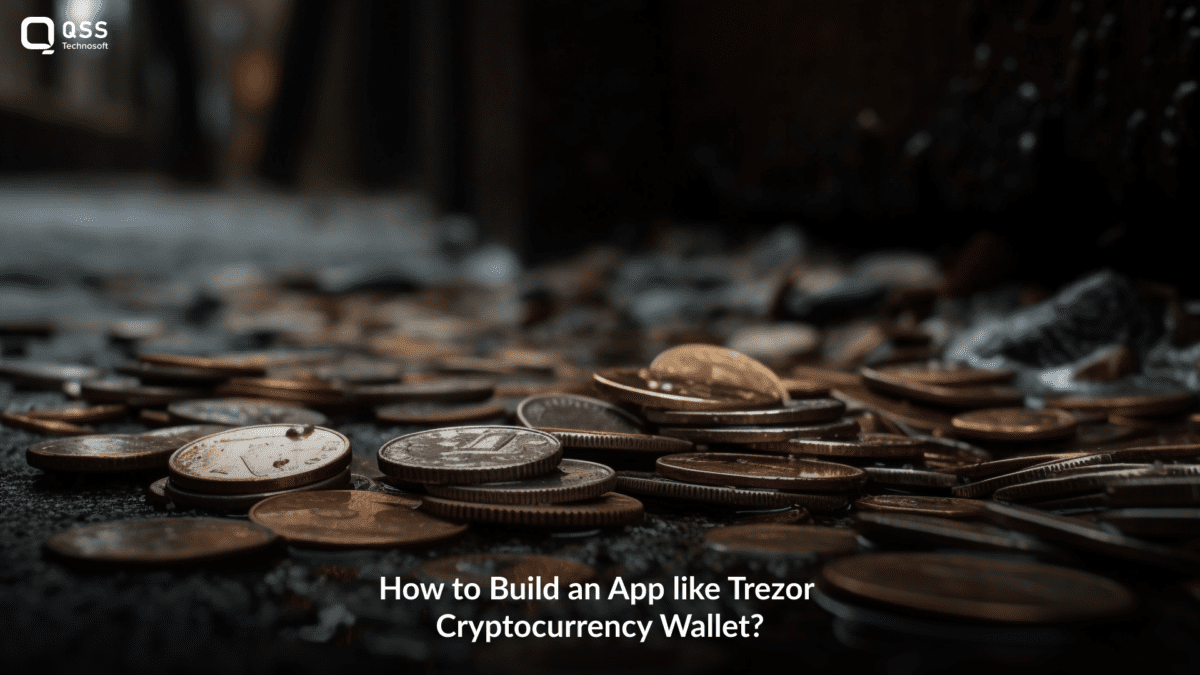The mobile app development industry is growing at an unprecedented rate. As per Grand View Research, the global mobile application market size amounted to USD 187.58 billion in 2021 and is projected to grow at a compound annual growth rate (CAGR) of 13.4% from 2022 to 2030.
There are a number of factors driving this growth, including the increasing popularity of smartphones and tablets, the declining cost of app development, and the rise of enterprise mobility solutions.
Developing a mobile application isn’t something you can do overnight. It takes time and effort to create something that works well and looks great. In this blog post, we will examine how long it takes to develop a mobile app in 2023. We’ll explore factors such as complexity, development platform, team size, and more to provide an estimate of how long you can expect it to take. Read on for more information about the current landscape of mobile app development—and how you can optimize your timeline for creating a successful application.
Time Breakdown for Each Stage of Mobile App Development

The time it takes to develop a mobile app can vary depending on the complexity of the app and the number of features included. However, most apps generally follow a similar timeline when it comes to development. Here is the breakdown for each stage of mobile app development–
How Long Does It Take To Validate the Idea of mobile app development?
It takes a minimum of 4 weeks to validate the idea of developing a mobile app. The first step is to determine the feasibility of the project by conducting market research and assessing the target audience. The second step is to establish the business model and develop a prototype. The third step is to test the prototype with potential customers. After these steps have been completed, it will be possible to develop a more accurate estimate of how long it will take to develop the mobile app.
How Long Does It Take To Create A Product Strategy?
It takes time to develop a mobile app, and the amount of time it takes to create a product strategy varies depending on the project. A simple app with no user interface may only take a few hours to create, while a more complex app with multiple features and a custom user interface can take days or even weeks. The length of time it takes to develop an app also depends on the number of people working on it. A single developer working on an app full-time can usually develop it faster than a team of developers working on it part-time.
How Long Does It Take To Prototype The App?
Assuming you already have your app idea and the necessary resources in place (i.e. you have a team of developers ready to start working on your project), it usually takes around 4-6 weeks to prototype the app. This is assuming that you are working with a professional development team who can move quickly and efficiently.
If you are working on the app yourself or with a team that is not as experienced, it may take longer to prototype the app. In this case, it is important to be realistic about your timeline and budget for the project.
How Long Does It Take To Validate The App Prototype?
It takes approximately two weeks to validate an app prototype. This process includes testing the app on various devices and operating systems to ensure that it functions as intended. Additionally, user feedback is gathered during this time to further refine the app.
How Long Does It Take To Design The App?

It takes an average of 18 weeks to design an app. This includes the time it takes to gather requirements, create wireframes and prototypes, design the user interface and user experience, and test the app.
The timeframe can vary depending on the complexity of the app and the number of features required. A simple app with a few pages and a few features may only take a few weeks to design, while a more complex app with multiple features and integrations could take several months.
How Long Does It Take To Code The App?
It depends on the app. A simple app could be coded in as little as a few hours, while a more complex app could take weeks or even months. The amount of time it takes to code an app also depends on the experience of the developer. A more experienced developer will be able to code an app faster than someone who is just starting out.
How Long Does It Take To Prepare Your App For Launch?
Preparing your app for launch can take some time, depending on how complex your app is and how much work you need to do to get it ready. If you have a simple app that doesn’t require much testing or tweaking, you might be able to launch it in just a few weeks. More complex apps can take several months to get ready for launch.
To prepare your app for launch, you’ll need to do things like test it thoroughly on all devices, create promotional materials and set up any necessary infrastructure (like servers). The more work you need to do upfront, the longer it will take to get your app ready for launch.
What are the Most Time-Consuming Stages in Mobile App Development?

There are many stages to developing a mobile app, and the amount of time each stage takes can vary depending on the project. However, some of the most time-consuming stages in mobile app development include:
1) Planning and strategy – This stage involves coming up with an idea for an app, researching its feasibility, and creating a detailed plan for how it will be developed. This can take anywhere from a few days to several weeks.
2) Design – The design phase is where the visual look and feel of the app is created. This includes everything from wireframing to creating high-resolution mockups. Depending on the complexity of the app, this stage can take anywhere from a few days to several weeks.
3) Development – This is the actual coding of the app, which can be done using various programming languages. Depending on the size and complexity of the app, this stage can take anywhere from several weeks to several months.
4) Testing – Once the app is developed, it needs to be thoroughly tested on various devices and platforms to ensure that it works as intended. This stage can often take longer than development, depending on how many bugs need to be fixed.
5) Deployment – Once the app passes testing, it needs to be deployed to various stores and platforms. This is usually a relatively quick process, but it can take several days if there are any unexpected issues.
6) Maintenance – After the app is deployed, it needs to be monitored and maintained for any bugs and crashes that may occur. This is an ongoing process and can take up considerable time and resources.
Tips to Speed up the App Development Process

Here are the 10 best ways that can help you reduce your mobile app development time considerably.
1. Develop a Minimum Viable Product
When it comes to app development, time is of the essence. You want to get your app to market as quickly as possible in order to start generating revenue and feedback. One way to reduce development time is to focus on creating a minimum viable product (MVP). An MVP is the bare minimum version of your app that you need to test your hypotheses and gather feedback from users. By starting with an MVP, you can validate your ideas quickly and iterate on them based on user feedback, rather than spending months developing a fully-featured app that may not be what users actually want.
2. Find the right team
Building a great app requires a team of skilled professionals. If you don’t have the in-house expertise, consider working with a reputable mobile application development company. They will be able to help you bring your vision to life and get your app to market faster.
3. Use the right tools and technologies
There are many different tools and technologies available to help you develop a mobile app quickly and efficiently. Choose the ones that best fit your needs and requirements. Be sure to test them out before using them in production.
4. Implement continuous integration and delivery
Continuous integration (CI) and delivery (CD) are essential for speeding up the app development process. CI/CD allows you to automatically build, test, and deploy your code changes with every commit. This way, you can catch errors early on and get new features and updates out to users faster.
5. Automate as much as possible
Automation can help you save time and resources during the app development process. Consider automating repetitive tasks such as builds, tests, deployments, and more. This will free up your time to focus on more important tasks such as feature development and design.
6. Use an Agile Development Process
Another way to reduce app development time is to use an agile development process. In agile development, project requirements are divided into small pieces called “stories.” These stories are then prioritized and worked on in short “sprints” of two to four weeks. This approach allows for constant feedback and flexibility, which can help speed up the overall development process.
7. Prioritize feedback
User feedback is an invaluable resource that can help you improve your app and speed up the development process. Make sure to prioritize user feedback and take it into account when making changes or updates to your app. This will help you make sure that users are getting the best experience possible.
8. Keep monitoring performance
Performance monitoring is key to ensuring a smooth user experience. Make sure you monitor your app’s performance regularly and address any issues or bottlenecks quickly. This will help you improve user experience and avoid any disruptions to the app’s functionality.
9. Leverage Off-the-shelf Solutions
In some cases, it may make more sense to leverage off-the-shelf solutions rather than building everything from scratch. For example, if you need a basic CRM system for your app, there’s no need to build one from scratch – you can simply integrate with a pre-existing CRM platform like Salesforce or Zoho CRM.
10. Use Cloud-Based Platforms
Finally, cloud-based platforms like AWS or Heroku can help reduce app development time by providing easy access to powerful computing resources. This means that developers don’t have to spend time provisioning servers manually or writing complex code for deploying applications – they can simply use the platform’s APIs and get started right away.
Conclusion
As you can see, the amount of time it takes to develop a mobile app in 2023 will ultimately depend on a variety of factors. It could take anywhere from several weeks to many months, depending on the complexity of the project and the resources available. However, with advances in technology, developers should be able to create sophisticated apps more quickly than ever before. Making sure that your team is up-to-date with modern development tools and techniques will help speed up your development process significantly.
Have a mobile app project in mind but are worried about the longer development time? Connect to our expert Mobile app developers for a quick free consultation on your project over a skype call. We ensure you offer the best for your business at very competitive pricing and on your tight deadlines.
















